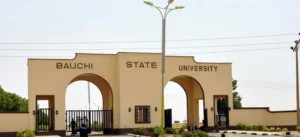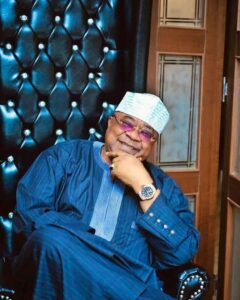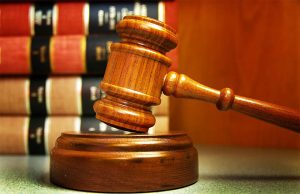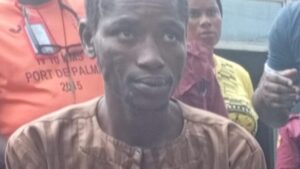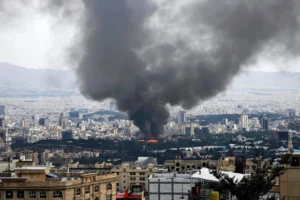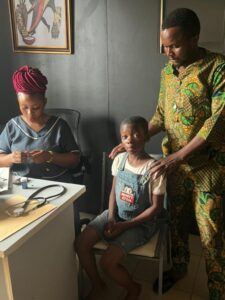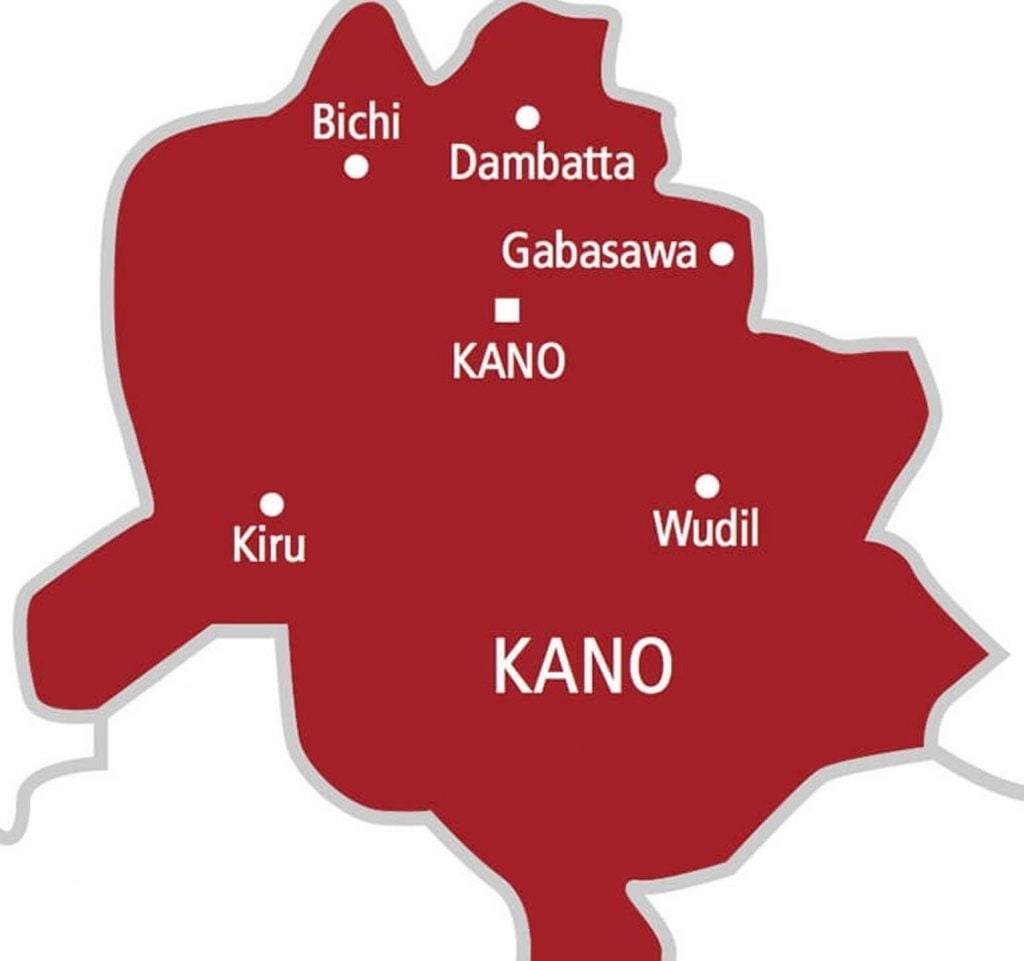
A heated clash has erupted between journalists and media executives in Kano State following a controversial directive from the state government banning live political programs on radio.
The directive, issued after a quarterly meeting organized by the Kano State Ministry of Information and Internal Affairs, was signed by Sani Abba Yola, Director of Special Duties in the ministry. It was presented as part of efforts to prevent inflammatory broadcasts and uphold Kano’s cultural and religious values.
However, the move has sparked widespread criticism from journalists, opposition politicians, and civil society organizations who argue that it infringes on press freedom.
Chairman of the Forum of Media Executives in Kano and Manager of Freedom Radio, Ado Saidu Warawa, denied government involvement in the decision. He claimed the suspension of live political programs was an independent choice by media executives, driven by concerns over defamation and incitement by political guests.
“We saw the need to suspend these programs ourselves because political actors were using them irresponsibly to insult and defame others,” Warawa explained.
Despite this claim, many journalists in the state have rejected Warawa’s statement, insisting that the state government lacks the legal authority to control broadcast content.
Veteran journalist Abubakar Haruna Galadanci, who has been active in Kano’s media landscape for nearly two decades, told News Bulletin only the National Broadcasting Commission (NBC) has the mandate to regulate broadcasting.
“What the Kano government is doing is laughable. It’s a clear overreach—it’s not within their powers to impose such restrictions,” Galadanci remarked.
Abdurrashid Hussain, Head of New Media at Premier Radio Kano, shared this sentiment, describing the situation as a misunderstanding between the government and media stakeholders.
“If the media truly made this decision independently, the government should let them speak for themselves. There’s no need for enforcement or preemptive action,” Hussain noted.
The ban has also drawn sharp political criticism, particularly from the opposition.
Ahmed Aruwa, spokesperson for the All Progressives Congress (APC) in Kano, slammed the directive, accusing the government of using it as a tool to silence dissent.
“This government is not NBC. It has no right to dictate what programs can air. We will challenge this decision at every level, including at the Presidency,” Aruwa vowed.
He added that political dialogue is essential in a democracy and accused the Kano State Government of ignoring critical governance issues in favor of suppressing political discourse.
“They should focus on solving real problems instead of shutting down live political shows. This is happening in other states and at the federal level—why should Kano be different?” Aruwa asked.
Civil society and human rights groups have also voiced their disapproval.
Comrade Auwal Usman, National Director of the Awareness for Human Rights and Charity Foundation, condemned the ban as an abuse of power.
“We don’t believe Governor Abba Kabir Yusuf himself issued this directive. It seems like the handiwork of the Commissioner for Information. Unless there is a legal basis for it, we won’t comply,” Usman said.
He added that any attempt to silence journalists under the pretext of cultural preservation is unacceptable and vowed to resist it through legal means.
Currently, there is no clear legal mechanism to enforce the directive, leaving its implementation in question. Journalists, opposition figures, and civil society groups remain defiant, arguing that the ban violates Nigeria’s constitutional guarantees of free speech and press freedom.
The standoff continues to draw public attention in Kano, with increasing calls for the state government to clarify its stance and respect the critical role of the media in democracy.

